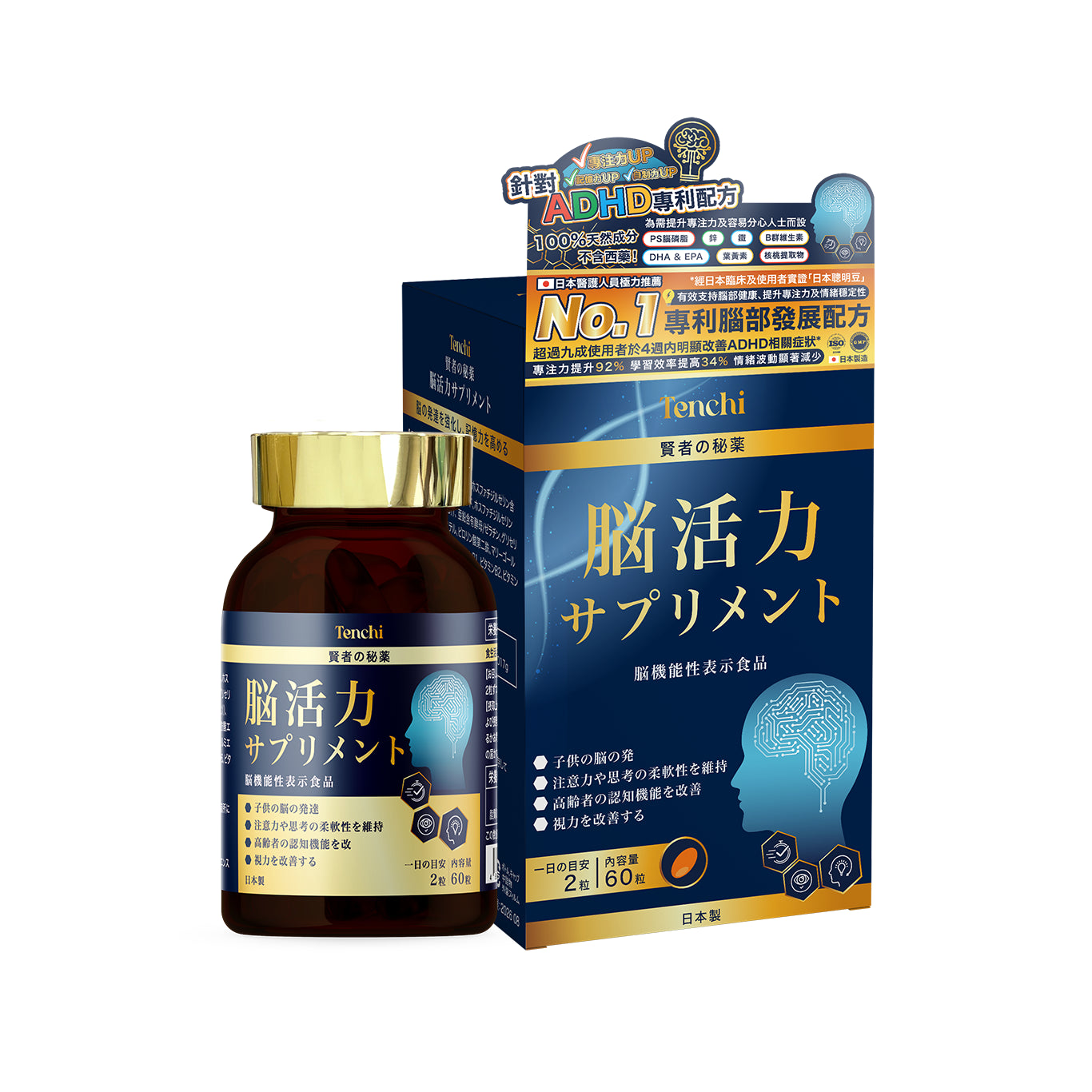Health Tips
What is ADHD?
How to Improve ADHD with Non-Medication Methods?
16 January 2025
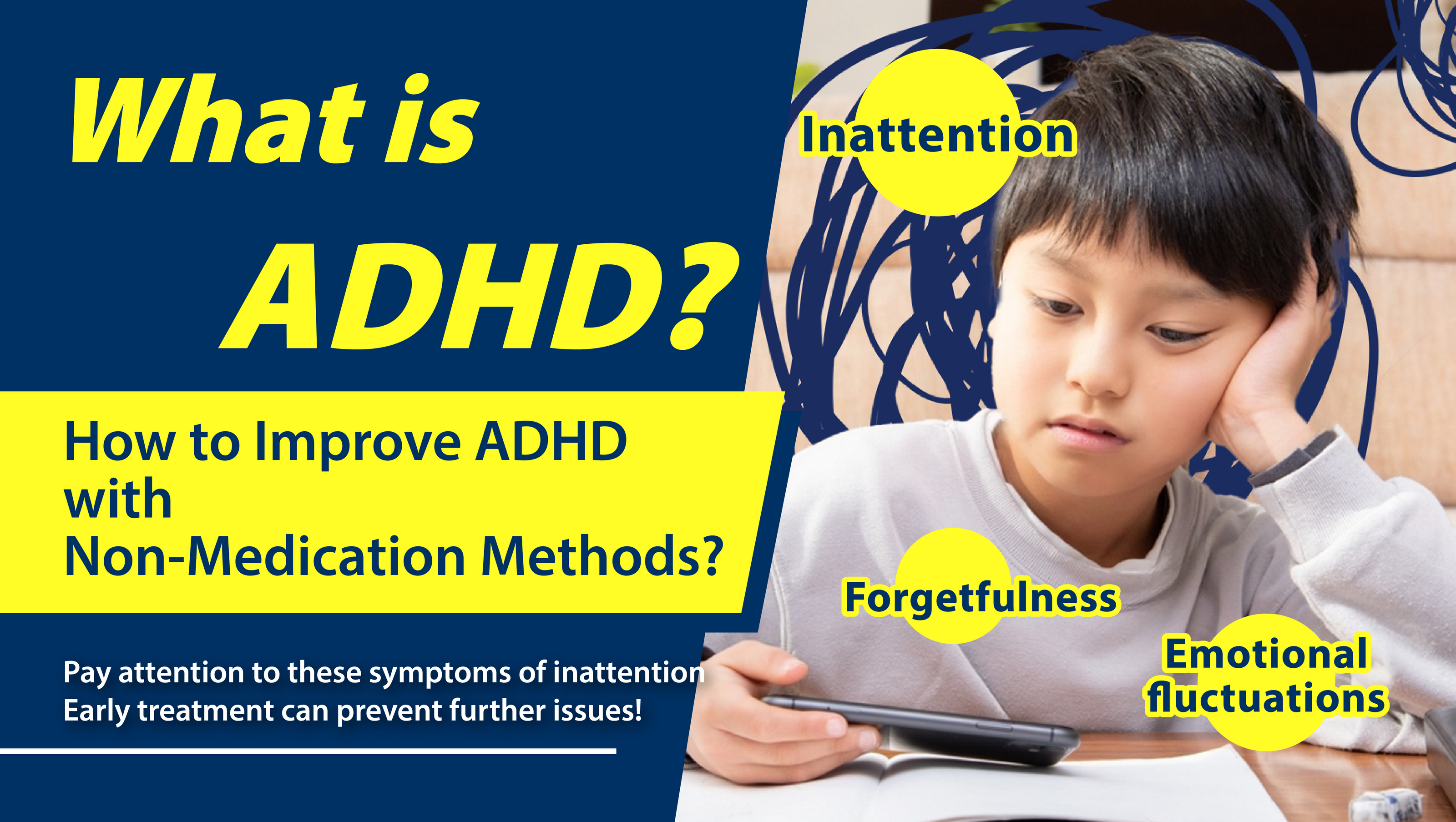
ADHD (Attention-Deficit/Hyperactivity Disorder) is a neurodevelopmental disorder that typically emerges in childhood and may persist into adulthood. Its main characteristics include:
- Inattention: Difficulty focusing on activities, being easily distracted, or forgetfulness.
- Hyperactivity: Frequent restlessness, inability to stay still, or excessively active behavior.
- Impulsive Behavior: Struggling to control impulses, which may result in acting without thinking or interrupting others.
ADHD is believed to result from a combination of genetic, neurogenic, environmental, and biological factors and is associated with the functioning of neurotransmitters in the brain, such as dopamine and norepinephrine.
How Common is ADHD?
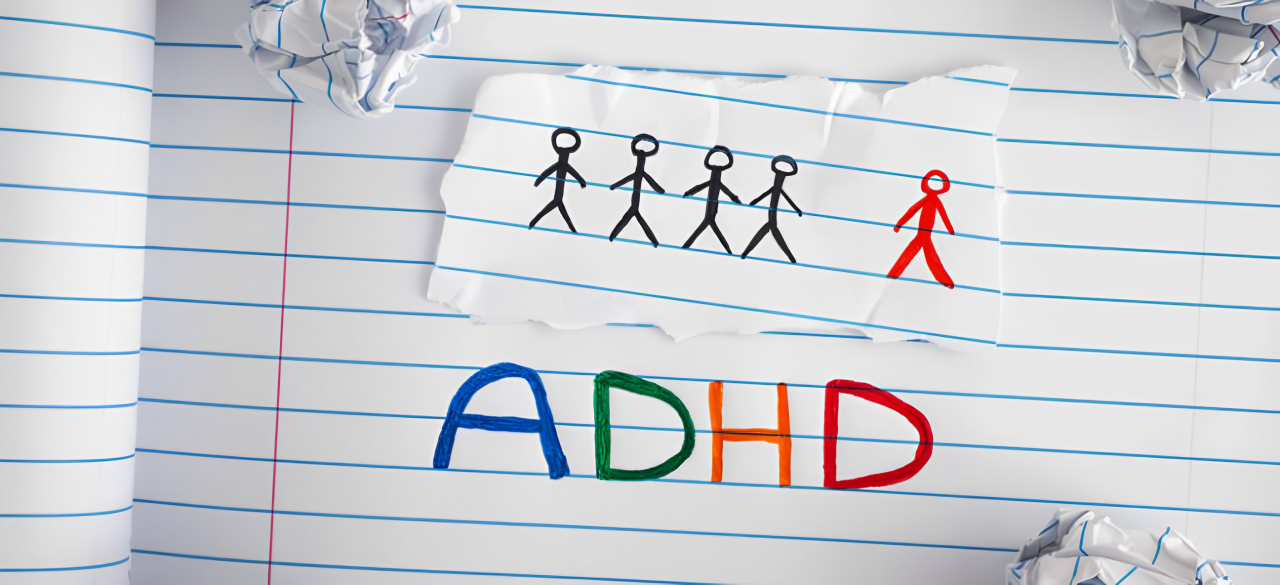
ADHD is a widespread health issue:
- Approximately 5-7% of children worldwide are affected by ADHD.
- Around 2.5% of adults are also diagnosed with the disorder.
Is ADHD a Serious Condition?
While ADHD is not considered a severe condition, it can significantly impact patients and their families:
- Academic Performance: Difficulty focusing can affect completing assignments or participating in class.
- Interpersonal Relationships: Behavioral issues may strain relationships with peers or family members.
- Career Development: Adults may face challenges managing time and completing tasks.
- Mental Health: Higher risks of comorbidities such as anxiety and depression.
How to Conduct a Preliminary Assessment of ADHD
If you suspect ADHD in yourself or a child, observe the following characteristics:
- Inattention: Frequently forgetting daily activities, inability to maintain focus for extended periods.
- Hyperactivity: Being unable to stay still, even in situations requiring quietness.
- Impulsivity: Making hasty decisions, interrupting conversations, or struggling to wait for one's turn.
These behaviors must persist for at least 6 months and occur in multiple settings (e.g., school, home) to warrant further evaluation.
How is ADHD Diagnosed?
A diagnosis of ADHD is usually made by qualified professionals, such as psychologists or psychiatrists, through:
- Detailed Medical History: Understanding behavioral patterns and family medical history.
- Standardized Questionnaires: Utilizing ADHD assessment scales.
- Multi-source Reports: Gathering input from parents, teachers, and the individual.
- Excluding Other Causes: Ruling out conditions like learning disabilities, anxiety, or other mental health issues.

How is ADHD Treated?
ADHD treatment includes both medication and non-medication approaches, often combined for optimal results.
Medication for ADHD and Its Side Effects
- Stimulant Medications(e.g., Ritalin, Adderall):
Effect: Improves focus and reduces impulsivity.|Side Effects: Loss of appetite, insomnia, headaches, increased heart rate.
- Non-Stimulant Medications(e.g., Atomoxetine):
Effect: Effective for patients intolerant to stimulants.| Side Effects: Fatigue, gastrointestinal discomfort, mood fluctuations.
Non-Medication Treatments for ADHD
- Behavioral Therapy
Teaches skills to manage impulses and organize daily activities. - Psychological Counseling
Addresses emotional distress related to ADHD, such as anxiety or self-esteem issues. - Family Education and Support
Guides parents in helping their child and reduces family stress. - Lifestyle Adjustments
Regular routines, healthy diets, and moderate exercise can alleviate ADHD symptoms. - Academic Support
Special education plans assist students in overcoming academic challenges. - Dietary Supplements for ADHD
There are various products designed to support brain health, improve focus, and stabilize emotions in ADHD patients. When considering supplements: - Look for ingredients such as Phosphatidylserine (brain phospholipids) and Omega-3 fatty acids (DHA & EPA).
- Ensure the product undergoes strict quality testing to guarantee safety and efficacy.
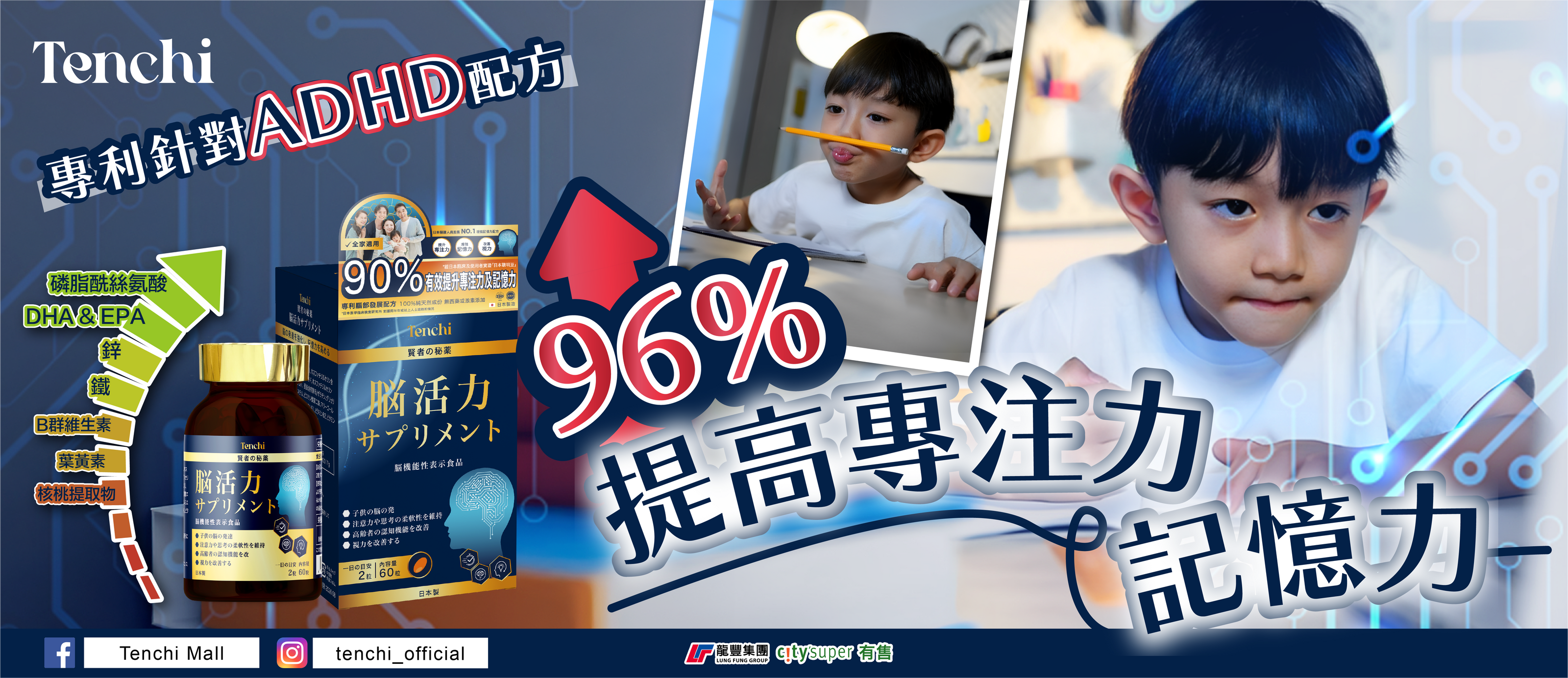
Although ADHD poses challenges in daily life, proper diagnosis and personalized treatment plans can help patients manage symptoms effectively and improve their quality of life.
Tenchi Mall
Tenchi Smart Brain
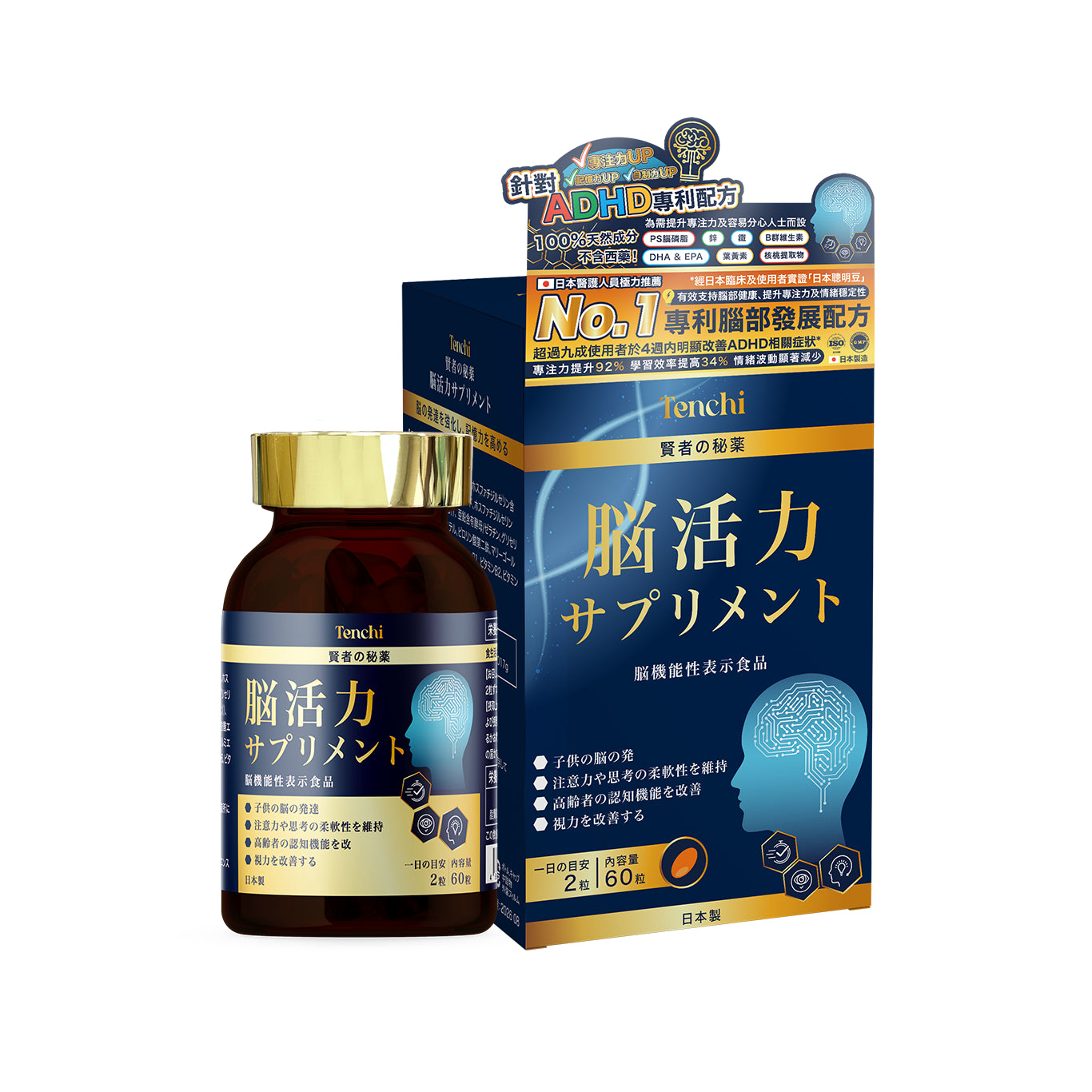
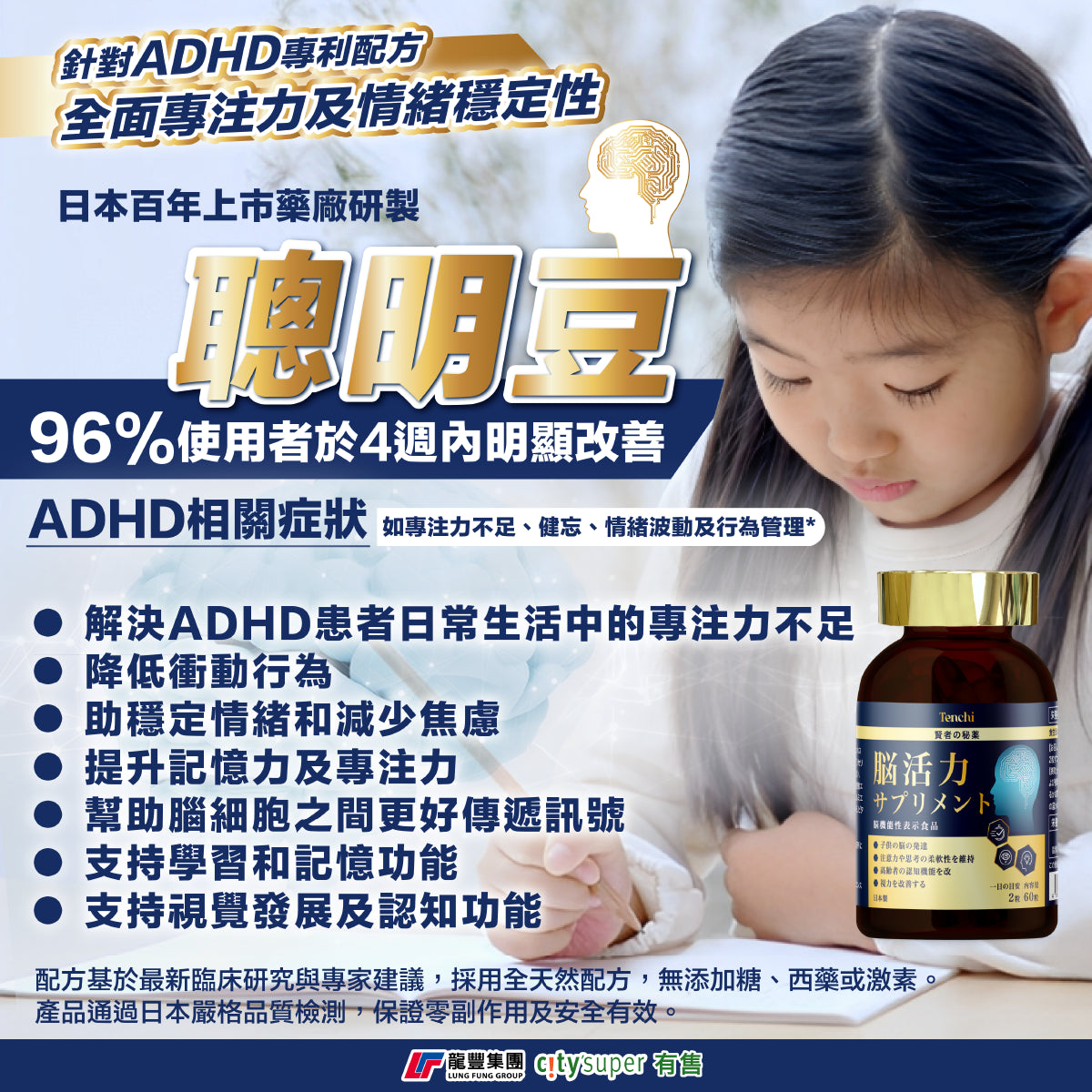
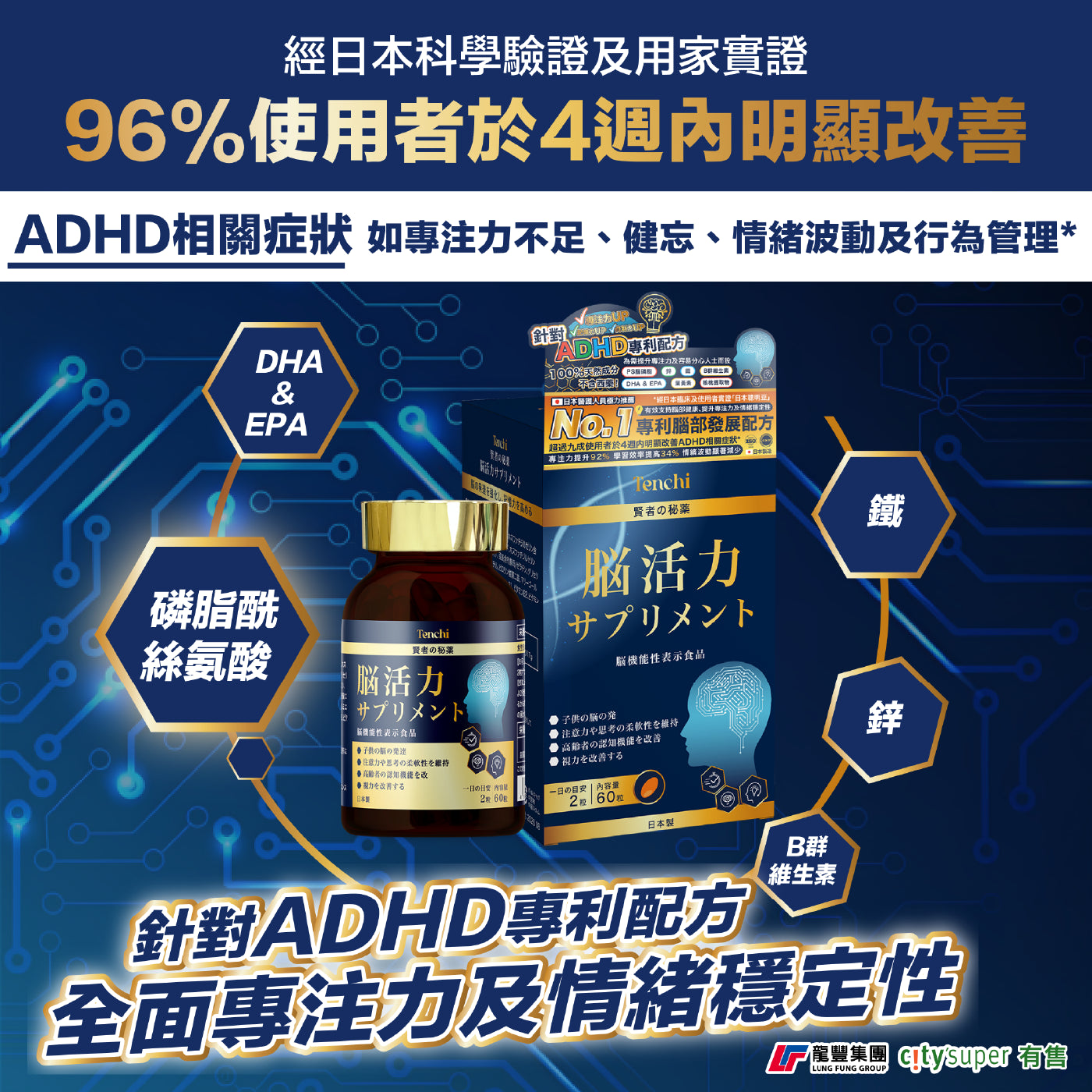
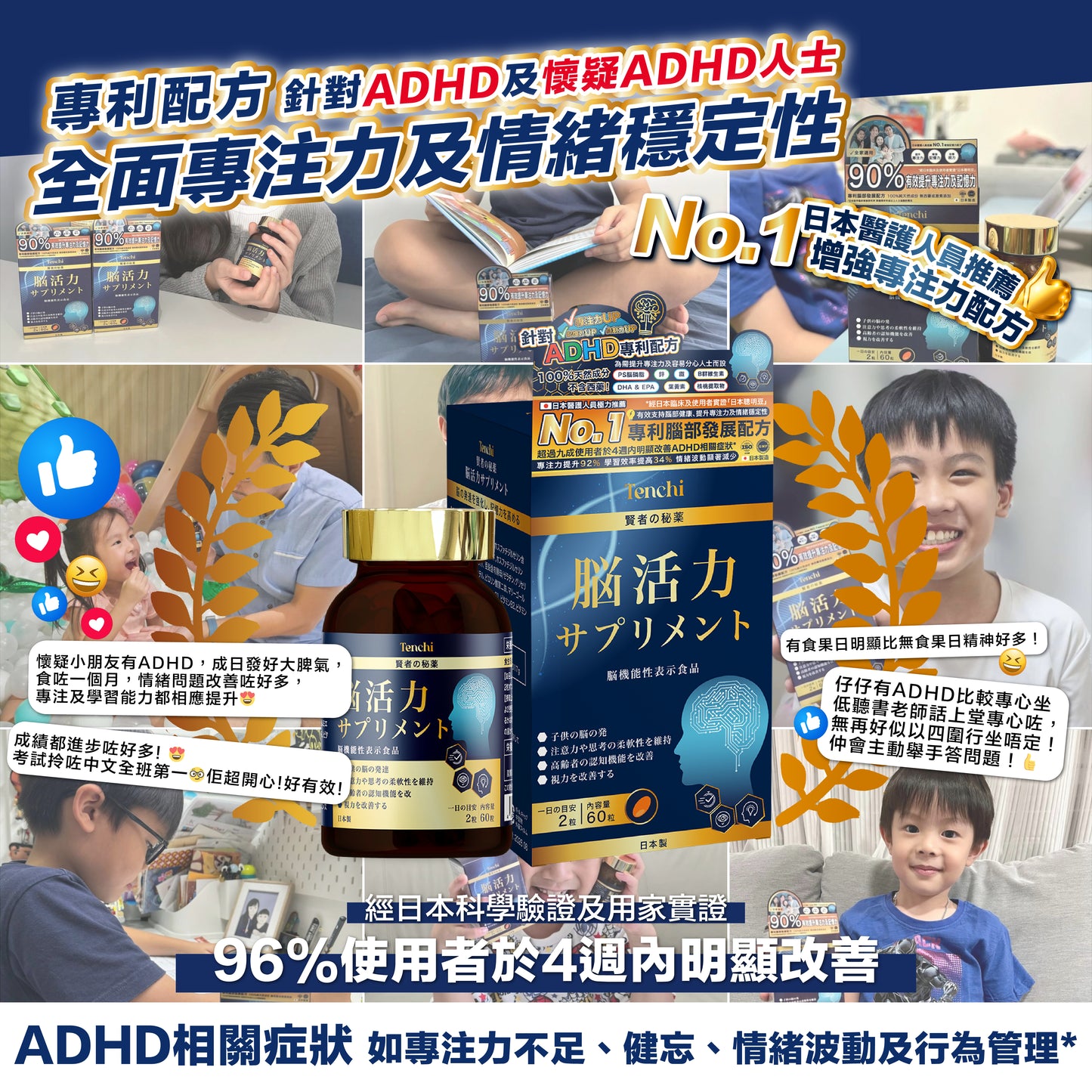
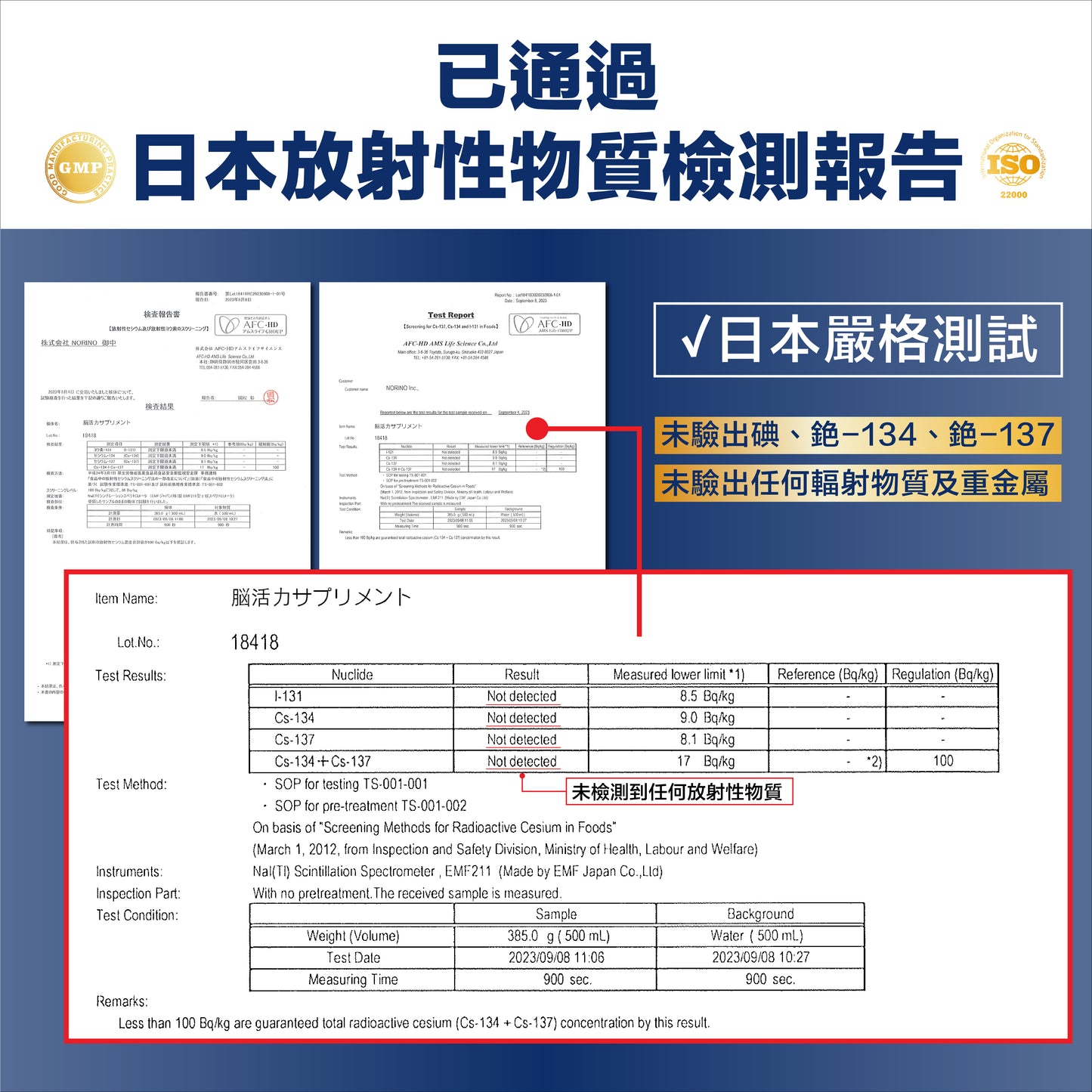
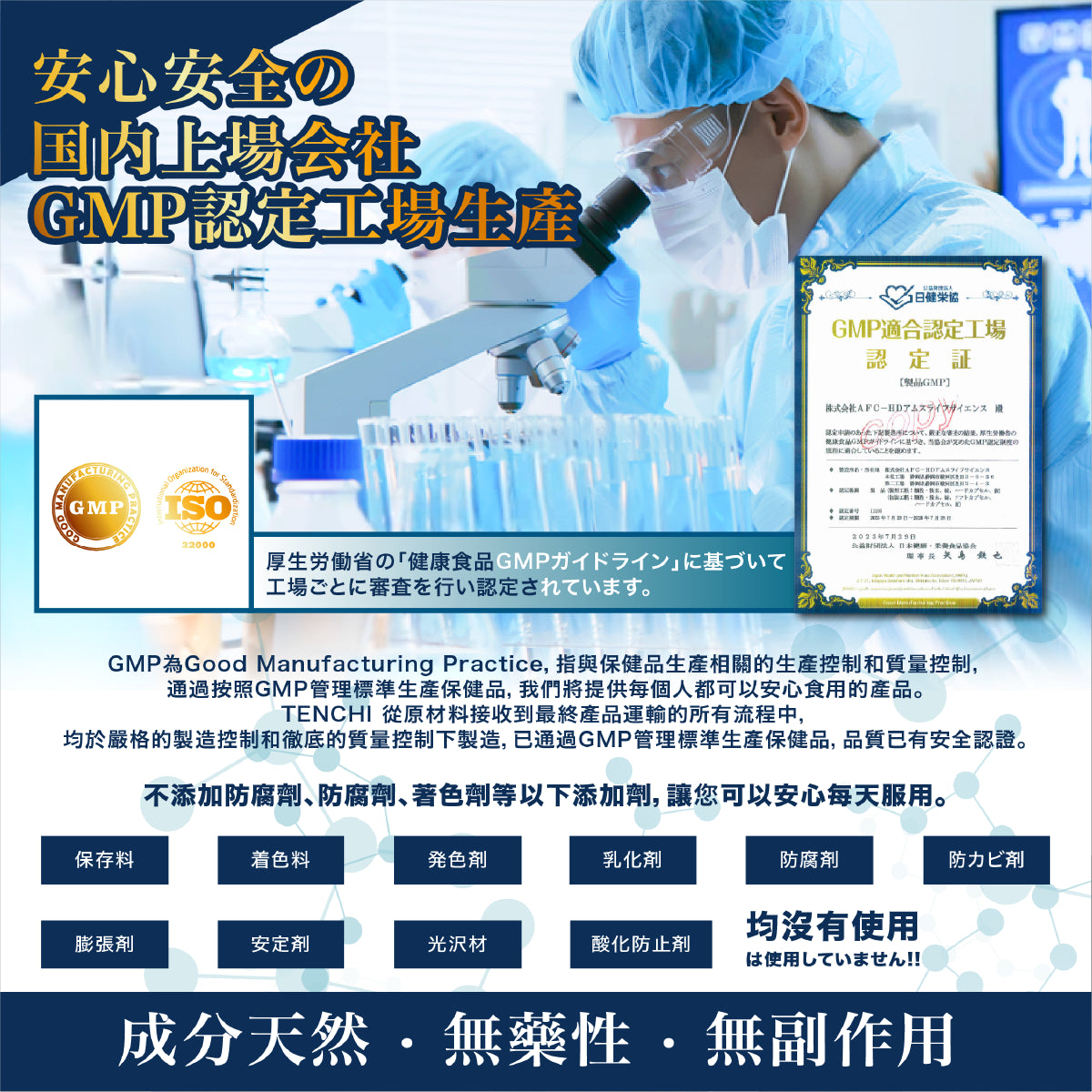
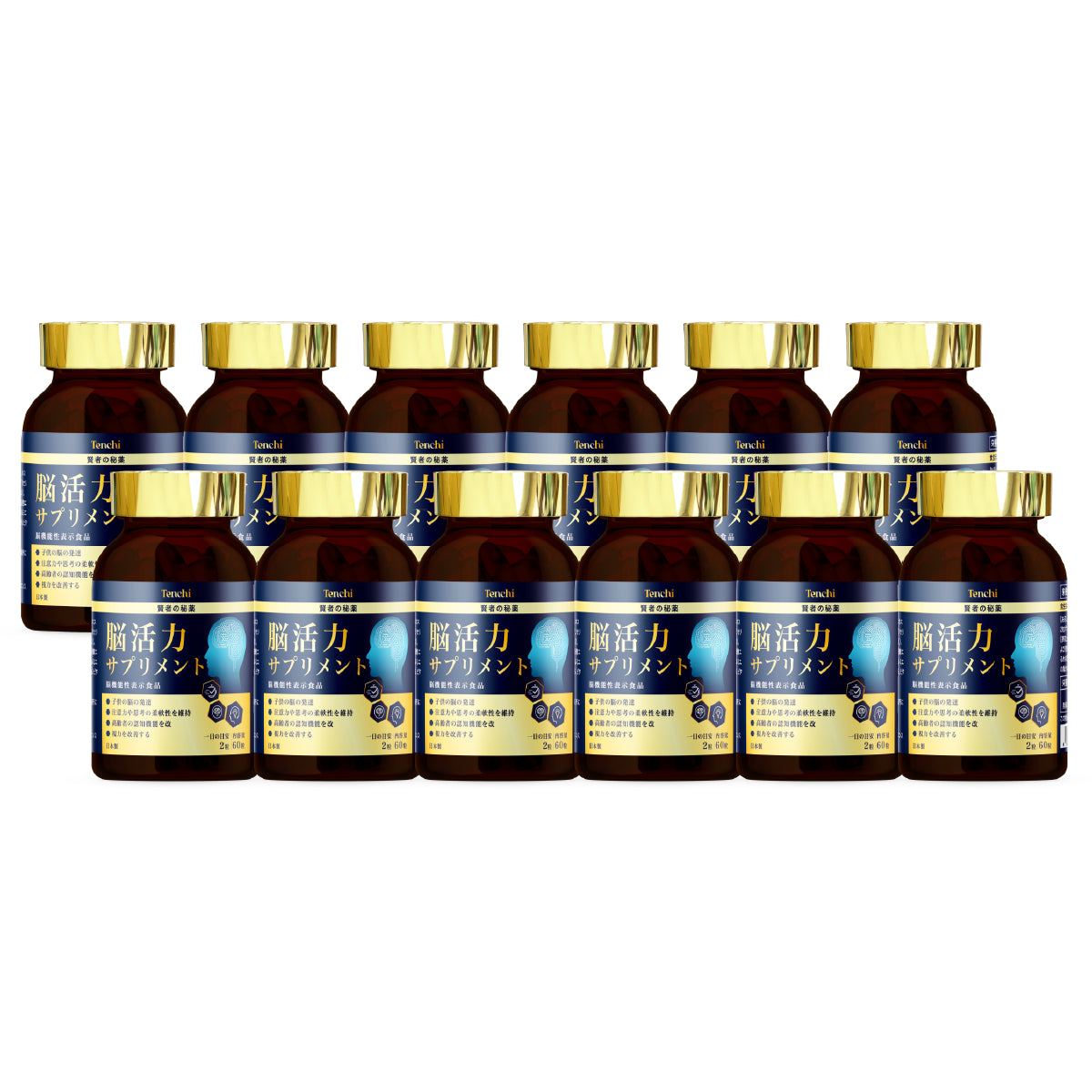
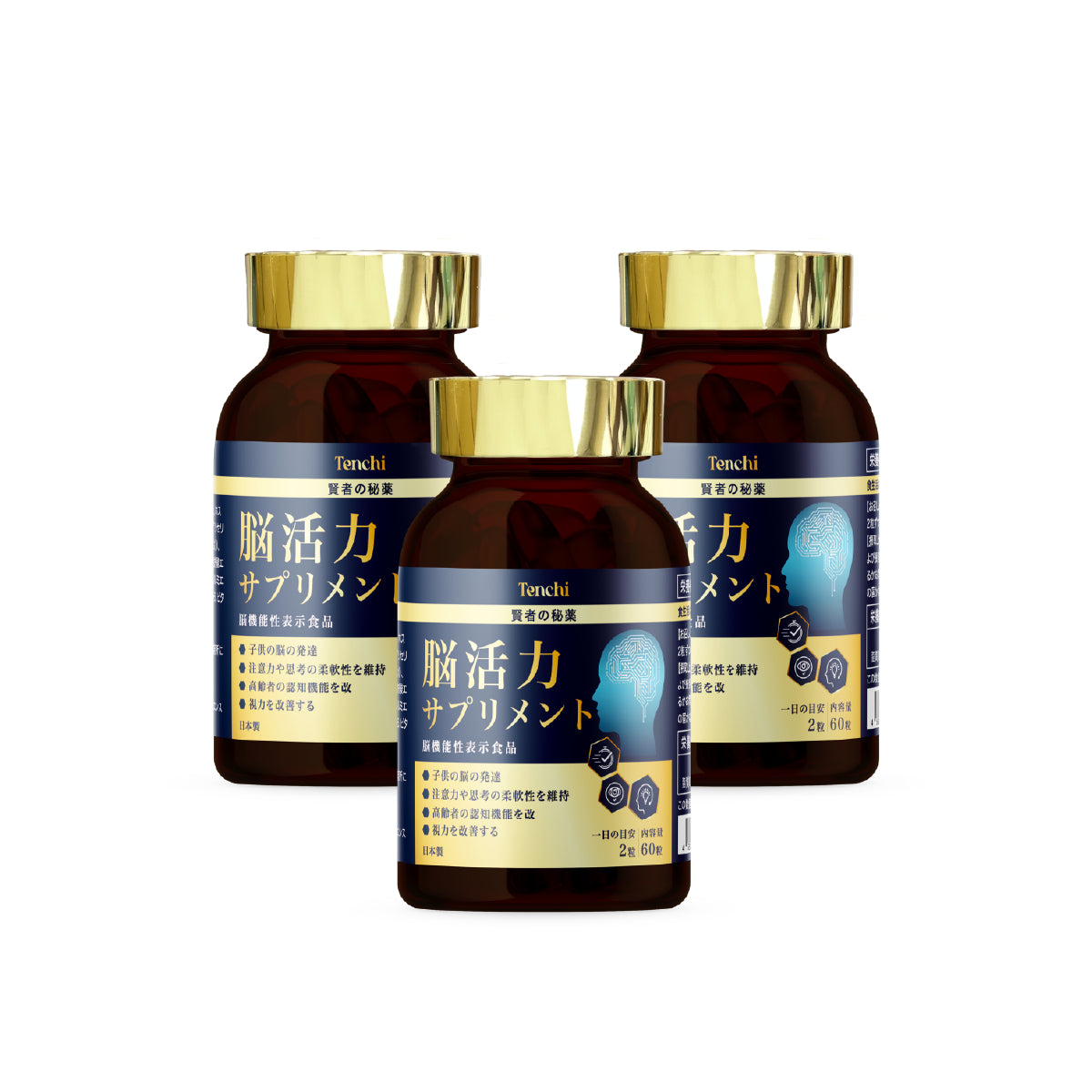
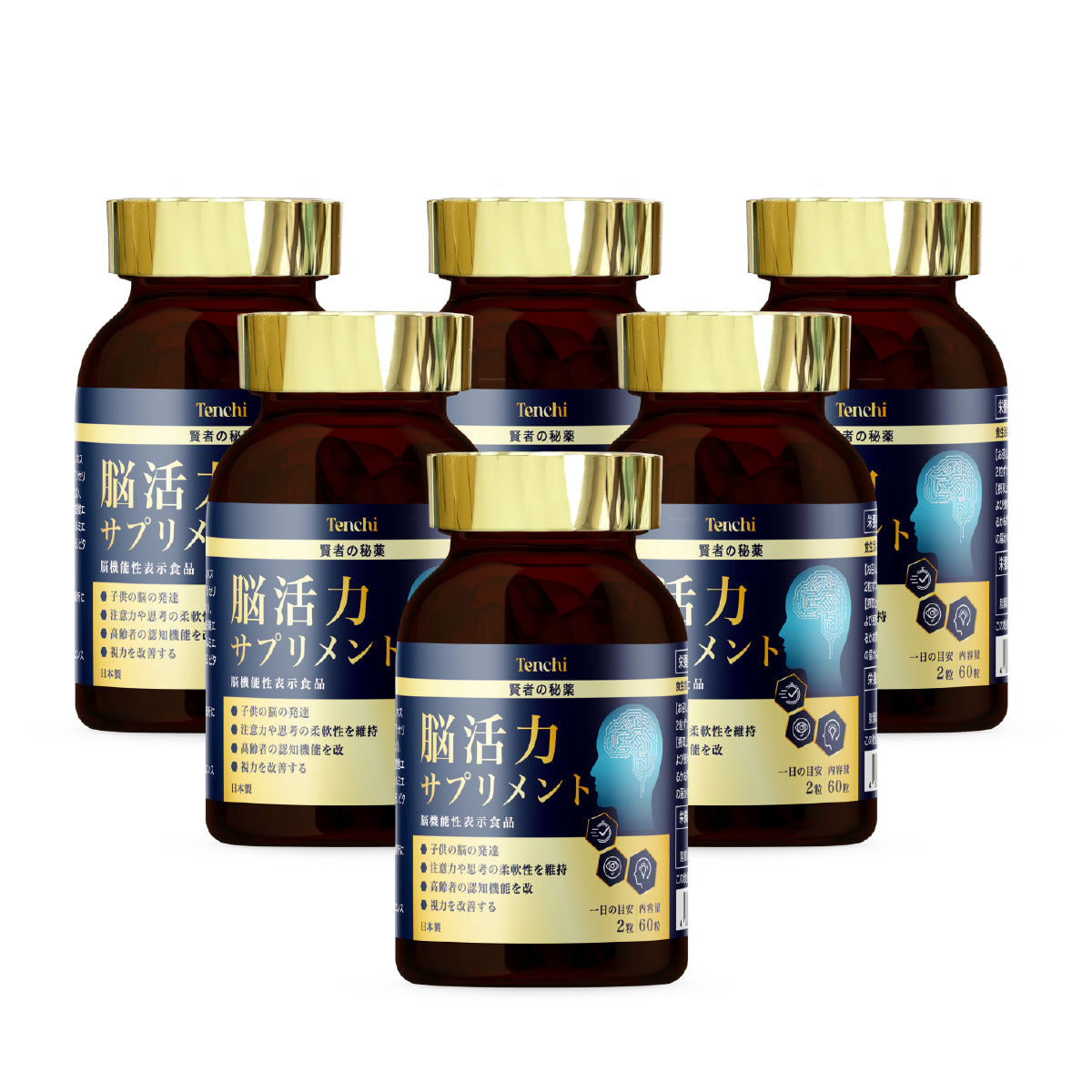
-
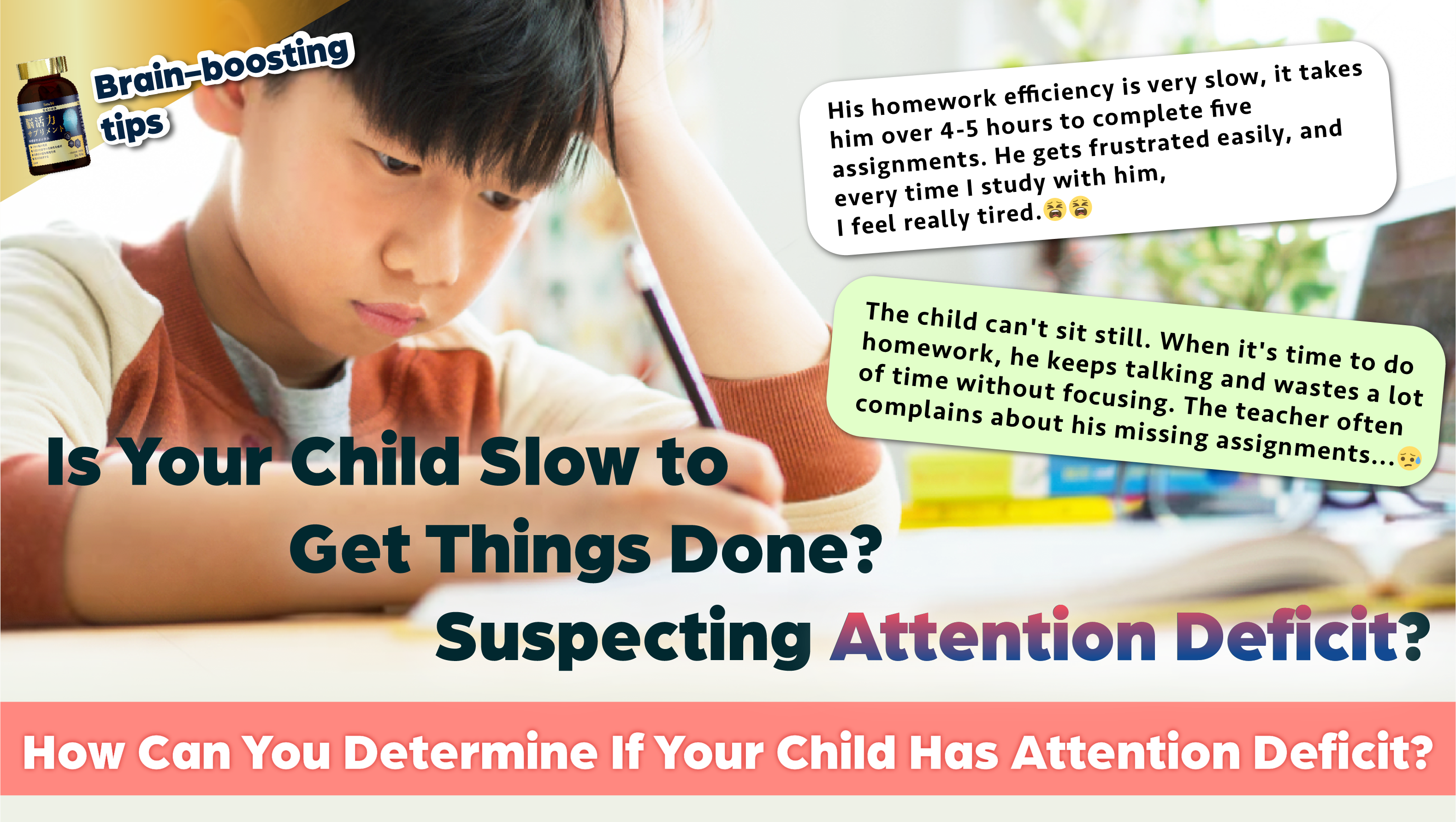
Is Your Child Slow to Get Things Done? Suspecting Attention Deficit?
Learn MoreDoes your child often seem restless, unable to sit still, or take a long time to finish tasks? Many parents run out of patience when helping their children study or complete homework, sometimes mistaking this behavior for mischief and scolding them. However, it may actually be a result of Attention Deficit (AD). What are the symptoms of attention deficit, and how can this issue be addressed? Let us explain!
-

Learn This Trick! Easily Adjust Your Body to Become Slimmer!
Learn More"Losing weight is so hard." This is a sentiment many people share. For some, it even becomes a lifelong mission! Many resort to extreme methods like dieting in an attempt to shed pounds. At first, it may seem effective—people can lose 2 to 3 kilograms, or even more, in a short time. However, after some time, they hit a plateau. Once they resume regular eating, their weight rebounds, sometimes with serious health consequences.
-

Say No to Steroids! Eliminate Eczema and Restore Your Baby-Smooth Skin!
Learn MorePeople with eczema often need to use topical steroids to control their condition. However, even with prolonged itching, it's important not to overuse these medications. Scratching the affected areas can lead to skin damage and expand the eczema's reach. Fortunately, many skincare brands are dedicated to researching solutions for the itching associated with eczema. A patented ingredient developed in collaboration with Kyoto University and Osaka University in Japan can quickly relieve eczema symptoms, alleviate itching, and help restore the skin barrier to address the problem at its source.
-
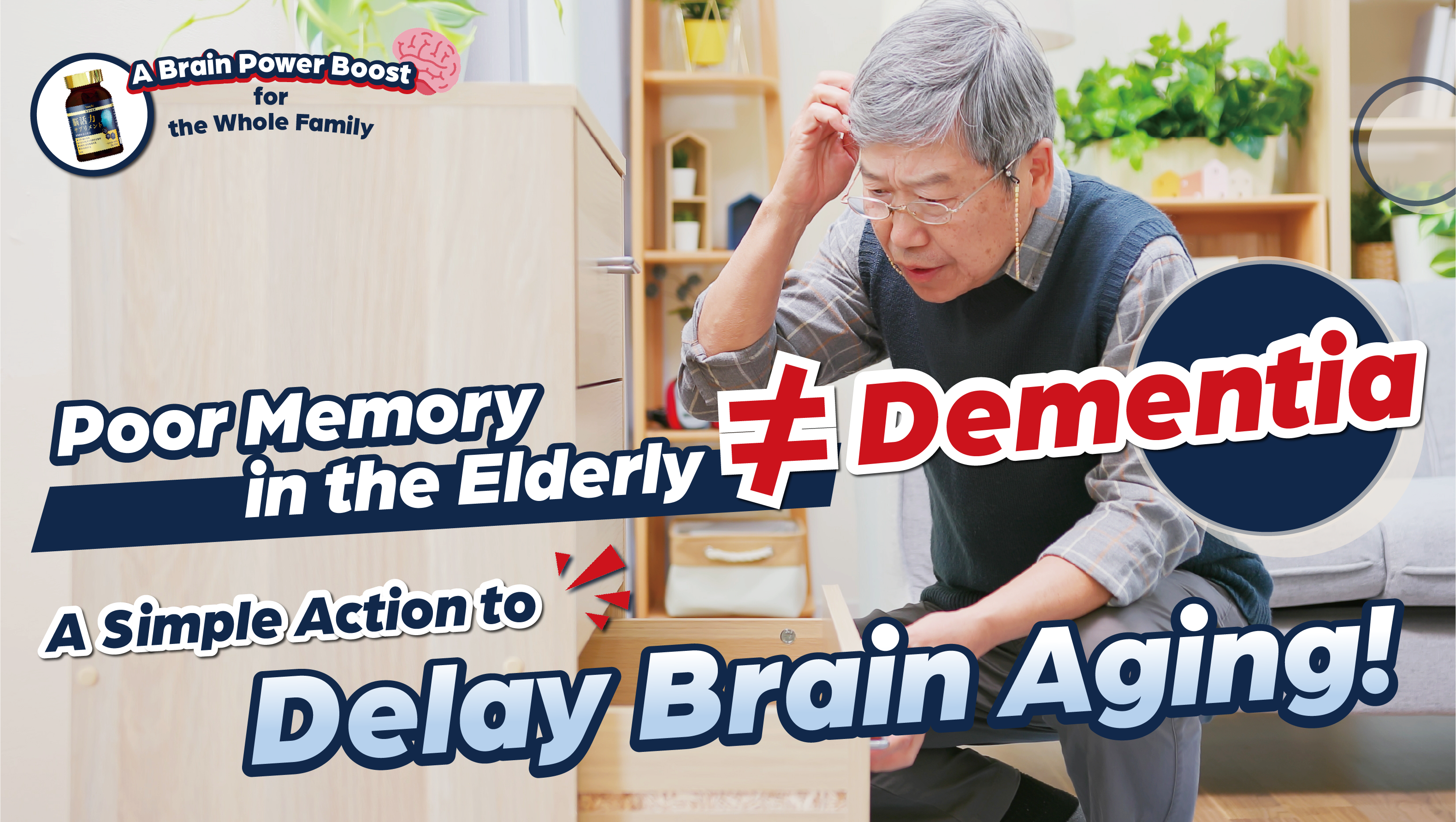
Poor Memory in the Elderly ≠ Dementia: A Simple Action to Delay Brain Aging!
Learn MoreAs we age, it’s common for memory to decline—forgetting names or where things are placed can cause concern about early signs of dementia. However, according to Japanese dementia specialist Dr. Yukimichi Imai, age-related memory loss and dementia are not the same, and there's no need to worry excessively about occasional forgetfulness. So, how can you differentiate between normal memory loss and dementia, and what can you do to prevent it? Let's explore!

